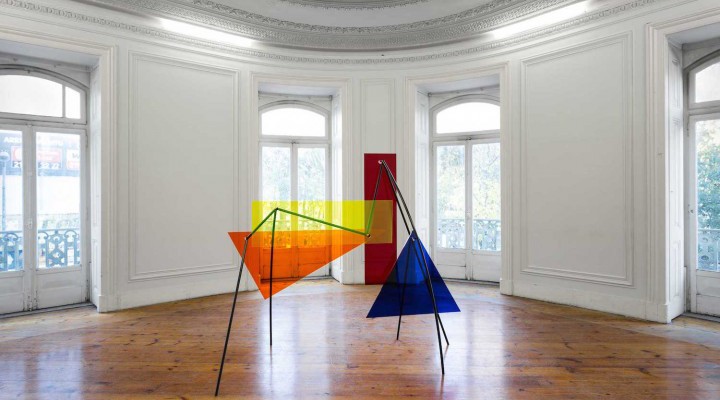
We understand institutions (at large, not only art institutions) always in terms of the act of instituting. In that sense, institutions can be defined as sets of social (and, therefore, fundamentally subjective) protocols (rules) that prescribe and normalize not only behavior but also, and maybe more importantly, perception.
We are obviously referring to a very specific institutional format, by calling ourselves a “Kunsthalle,”[i] but that is more of a rhetorical device than an actual one. The way we chose to inhabit “the institutional,” in the beginning, was connected to the expansion, ad absurdum, of the format of the Kunsthalle, to the point where it was obvious that the art institution was a social construction, as opposed to a natural, or naturalized, entity.
We are very suspicious of the use of the term “institutional sustainability” because the concept of sustainability seems to have been hijacked from ecological discourse by neoliberal thinking in order to justify (naturalize) the cuts in public investment in areas that aren’t, in and of themselves, profitable. It assumes that economical value is the only criteria for the evaluation of any kind of activity. We do believe it is an art institution’s mission to transform economical value into cultural value, through commissioning, presentation and reflection, and that has value in itself that isn’t (or shouldn’t) be translated into economical value. Sustainability assumes that everything can be reduced to economical value, and, in order to be sustainable, one has to make sure that what comes in (resources) has the same economical value of what comes out (production), in order to achieve an equilibrium. Sustainability in the cultural field always means economical sustainability, never cultural sustainability. We disagree with that reasoning.
We don’t know what an independent art institution is or might be, we struggle with the idea of independency. We refuse that kind of binary reasoning: alternative/mainstream, independent/dependent etc. We wish to go beyond those arguments, those binaries, because those represent the worn-out political debate that we need to bypass in order to imagine something new, something that doesn’t exist yet, and will, just maybe, constitute a better and more accurate response to the context we are living in now.
We are not worried about institutions disappearing over time. Extinction is not a concern for us. Again, being social constructions, institutions don’t need to be eternal. Actually, it is not a matter of need, it is a matter of fact: they are not eternal. They can last as long as their program makes sense, they can shift into something more meaningful, or they can pretend they are eternal entities, but, fact is, they are not. And, to us, that is a very important concept.
We could go on and on forever.